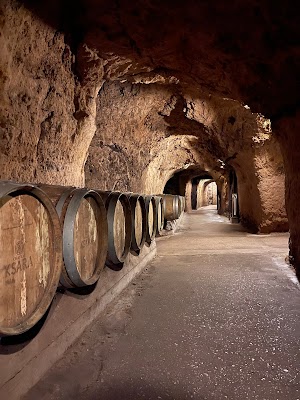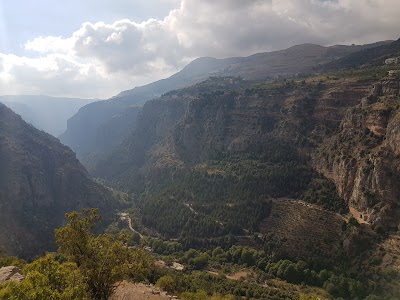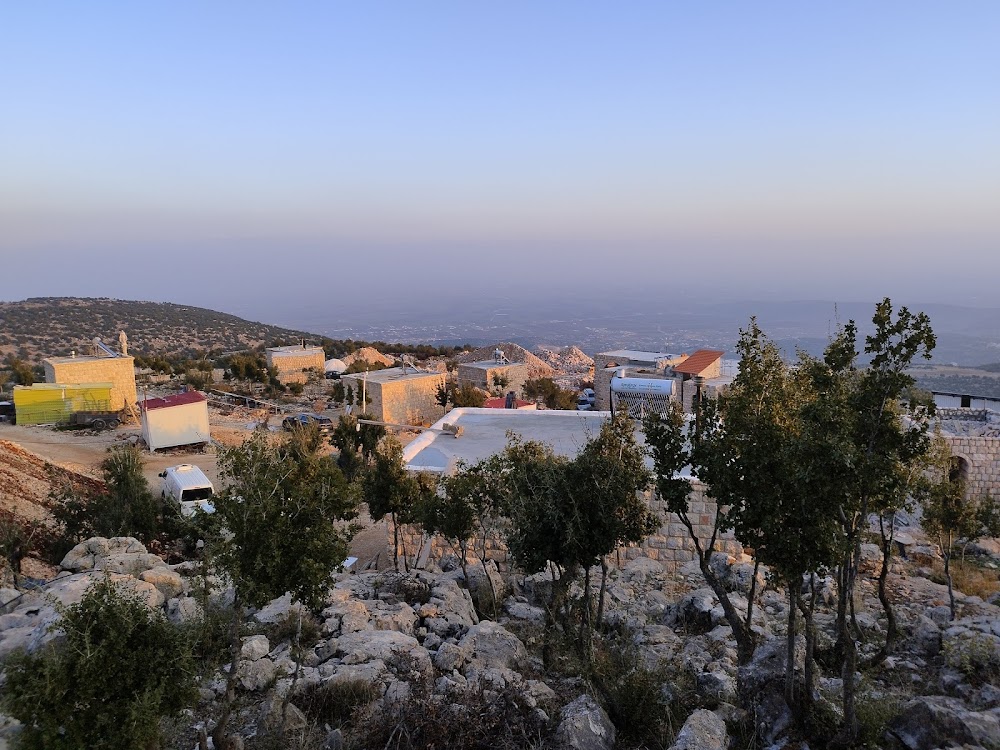Château Ksara (شاتو كسارا)
Overview
Nestled in the heart of the Beqaa Valley, Château Ksara stands as Lebanon's flagship winery, showcasing a captivating blend of rich history, vibrant culture, and exceptional wines. Established in 1857 by Jesuit monks, this esteemed estate is not only Lebanon's oldest winery but also a treasure trove of heritage that enhances every visitor's experience.
Château Ksara's story begins with the discovery of remarkable Roman-era caves by the Jesuit monks, who recognized the caves' naturally cool and humid conditions as perfect for aging wines. This pivotal moment laid the groundwork for Lebanon's burgeoning wine industry. Over the years, the monastery’s vineyards thrived, leading the way in modern viticulture in the region. In 1973, Château Ksara transitioned from ecclesiastic ownership to private hands, embarking on a new chapter while diligently upholding the legacy of its founders.
Today, the winery’s expansive vineyards cover 440 hectares, producing over 2.8 million bottles annually, a testament to its significant role in Lebanon's wine renaissance. Château Ksara boasts a diverse portfolio that includes intense reds, crisp whites, and refreshing rosés, with each bottle reflecting the unique terroir of the Beqaa Valley. Notable varietals such as Cabernet Sauvignon, Syrah, and Merlot, along with indigenous grapes, create a spectrum of wines designed to please both local and international palates.
Visiting Château Ksara is more than a mere tasting; it is a deep dive into a world where history and the art of winemaking beautifully intertwine. A guided tour of the winery reveals the ancient caves, now artfully transformed into their cellaring operations. Wandering through these dimly lit passages, lined with oak barrels and bottles aging gracefully, you can almost hear the echoes of centuries-old traditions blending with innovative practices.
For both wine enthusiasts and casual visitors, the estate’s wine tasting sessions are a highlight not to be missed. Led by knowledgeable sommeliers, guests can savor a selection of wines, each accompanied by insightful narratives about their unique characteristics and the meticulous processes that bring them to life. These tastings not only tantalize the taste buds but also educate guests about the intricate nuances of winemaking.
Château Ksara is also committed to sustainability, ensuring that their winemaking practices respect the ecological balance and cultural traditions of the region. By employing organic methodologies in their vineyards, they aim to maintain a harmonious relationship with nature, preserving the vitality of the Beqaa Valley for generations to come. This dedication to sustainability is woven into every aspect of their operations, from the vineyard to the bottle.
Beyond the exceptional wines, Château Ksara features an on-site restaurant that offers a culinary delight against the backdrop of the valley’s stunning landscape. Guests can indulge in a range of Lebanese and Mediterranean dishes, each expertly paired with Château Ksara's wines. The harmonious combination of gourmet cuisine and fine wines creates an immersive experience that delights all the senses.
The narrative of Château Ksara extends beyond winemaking; it represents a cultural odyssey through Lebanon’s enchanting history. The winery actively participates in local and international wine festivals, proudly showcasing the richness of Lebanese viticulture on the global stage. Their unwavering commitment to quality and excellence has earned them numerous accolades, positioning Château Ksara as a cornerstone of Lebanese wine tradition and innovation.
No visit to the Beqaa Valley is complete without exploring this historic winery. Château Ksara invites you to discover its enduring legacy, sample its exquisite wines, and soak in the scenic beauty of the region. It promises not just a visit but an unforgettable journey through time, history, and the art of winemaking.






